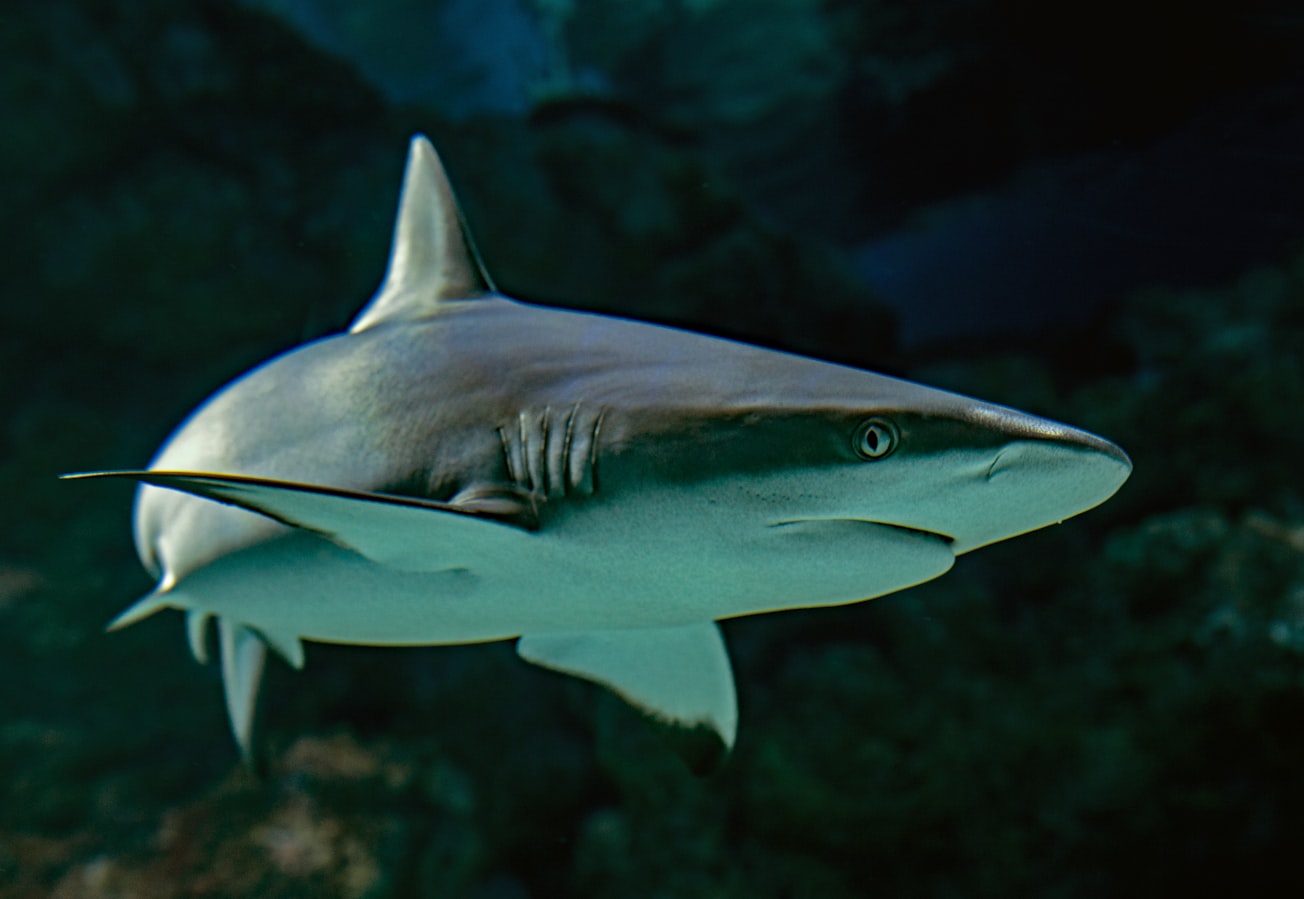What is it about?
Shark Week is a high-profile, international programming event that has a potentially enormous influence on public perceptions of sharks, shark research, shark researchers, and shark conservation. However, Shark Week has received regular criticism for poor factual accuracy, fearmongering, bias, and inaccurate representations of science and scientists. We watched 201 episodes of Shark Week and wrote down what the shows were about, what species were featured, who was featured as an expert, how sharks were portrayed, and what kind of conservation messaging there was.
Featured Image

Photo by David Clode on Unsplash
Why is it important?
Given its popularity and global viewership, Shark Week has the potential to generate interest in both sharks and scientific careers among viewers. However, Shark Week fails to feature the full range of shark research topics and methods and the diversity of people performing research on sharks. Our results, coupled with the scholarly literature, suggest that as a whole, Shark Week is likely contributing to collective perceptions of sharks as monsters, and that even relatively small alterations to programming decisions could substantially improve the presentation of sharks and shark science and conservation issues. Cultivating a positive attitude toward sharks through Shark Week has the potential to drive enhanced support of shark and ocean conservation efforts.
Perspectives
As a shark scientist, an educator, and a parent, I think a lot about the idea of "if you can see it, you can be it." Unlike my students and kids, most people don't know a shark scientist that they can talk to about what it's like to have this career, what it can encompass, and who does this kind of work. Instead, most people get that from media programming like Shark Week. It's hard to imagine yourself in this kind of career if you only see certain people doing very limited types of research. In addition, it's hard to get people on board with caring about shark conservation if the majority of messaging they see and hear is negative (e.g. Jaws). This study gives us the data to show that there really is a lot of negative messaging and repetitive programming on Shark Week, and that data could be a great starting point to make small, but meaningful changes.
Lisa Whitenack
Allegheny College
Read the Original
This page is a summary of: A content analysis of 32 years of Shark Week documentaries, PLoS ONE, November 2022, PLOS,
DOI: 10.1371/journal.pone.0256842.
You can read the full text:
Resources
Contributors
The following have contributed to this page










